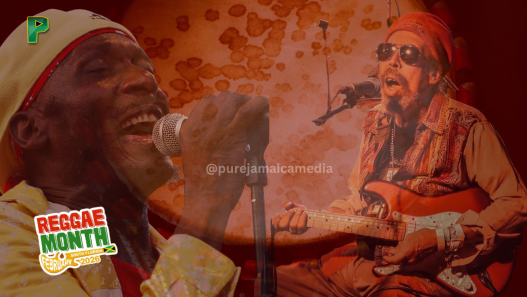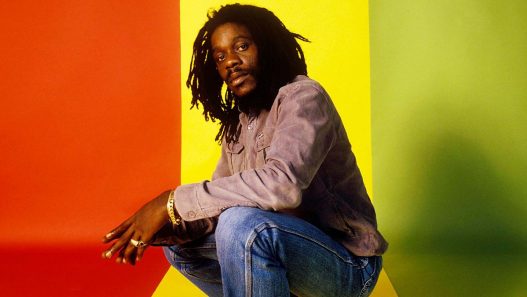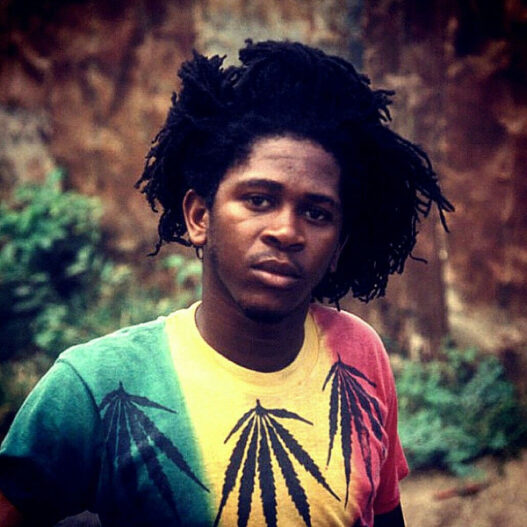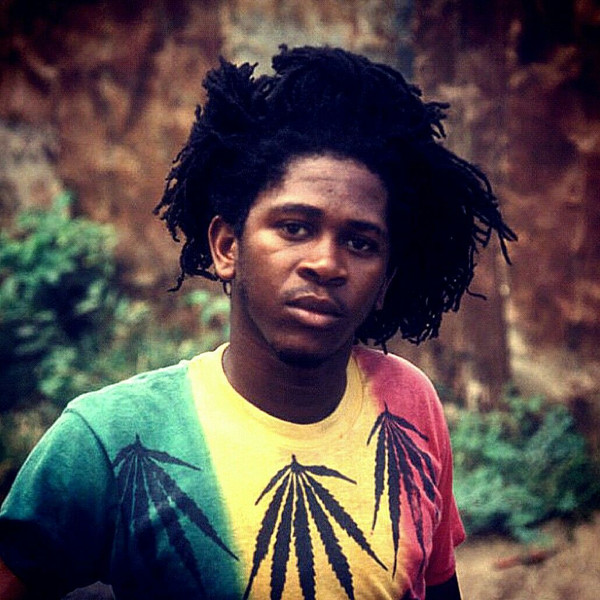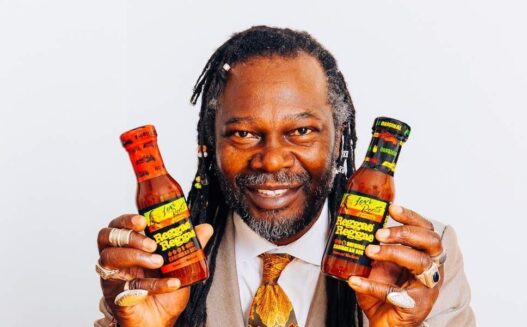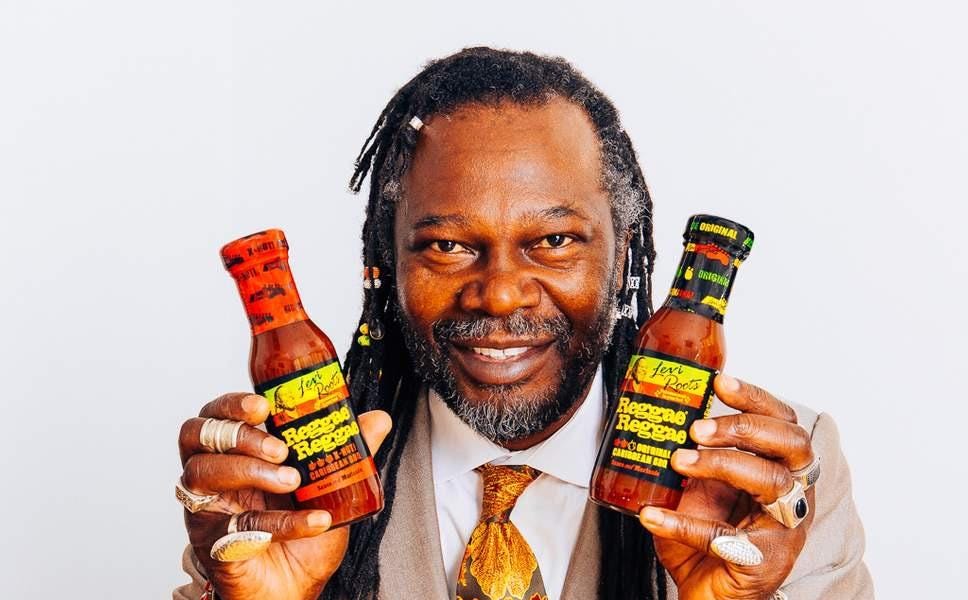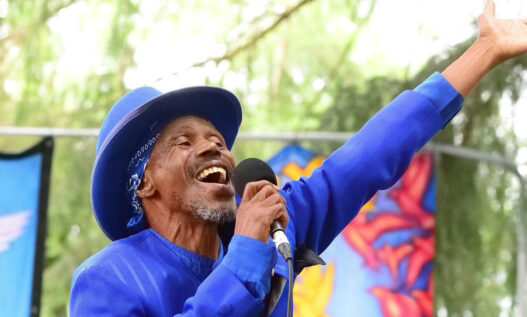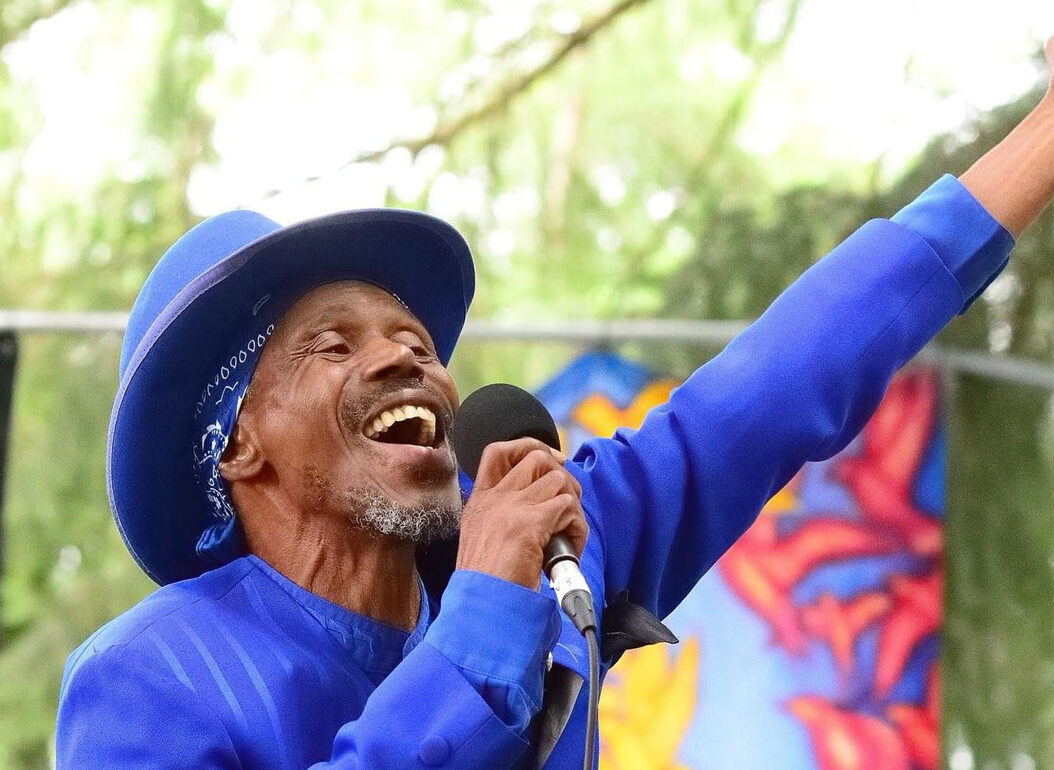Roy Anthony Cousins, born on October 13, 1949, in Kingston, Jamaica, is a celebrated figure in the reggae music scene. A singer, producer, and record label owner, Cousins is best known as the lead singer and co-creator of The Royals, a band that made significant contributions to the genre. His work extends beyond performance to include the production of numerous artists, establishing a legacy that continues to influence reggae music today.
Early Life and Musical Beginnings
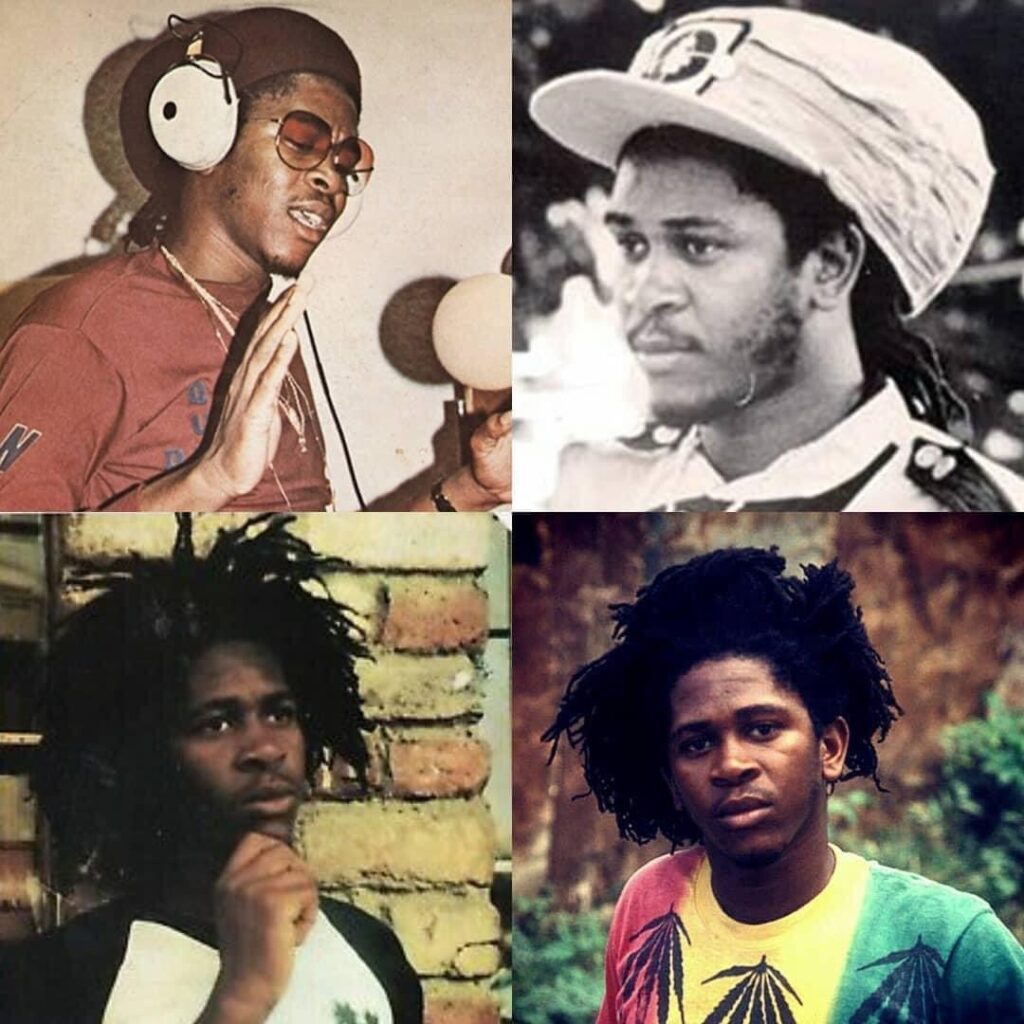
Cousins’ journey into music began at a young age. After completing his education, he worked at the Jamaican Post Office but soon pursued his passion for music. In 1962, he formed his first vocal group to enter the Junior Festival Competition, marking the start of his musical career. By 1965, Cousins had established The Royals, initially releasing music under the name The Tempests through Coxsone Dodd’s Studio One label. This marked the beginning of a prolific career in reggae.
Establishment of Record Labels
Frustrated with the limitations imposed by record labels, Cousins launched his first label, Uhuru, in 1969. Although it faced challenges and eventually folded, he persevered, establishing the Tamoki label in 1972 and the Wambesi label in 1974. These platforms allowed him to produce and promote other artists, further solidifying his place in the reggae music landscape.
Breakthrough Productions
Cousins’ production work gained significant recognition when he produced Gregory Isaacs’ “Way of Life” in 1974, a track that catapulted Isaacs to stardom. In June 1977, Cousins made a pivotal decision to leave his job at the Post Office and focus entirely on music. This led to the release of the acclaimed album “Pick Up The Pieces” in 1978, which is now regarded as one of the quintessential reggae albums. This success paved the way for a contract with Ballistic Records, resulting in two more albums with The Royals.
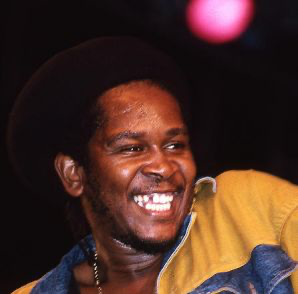
Challenges and Resilience
In 1979, Cousins faced a personal health crisis when cataracts threatened his vision. After a successful recovery, he redirected his focus towards music production. During this period, he introduced the dancehall deejay Charlie Chaplin and continued producing a series of roots reggae vocal and dub discomixes. His work with artists like Cornell Campbell, Earl Sixteen, and The Meditations produced timeless tracks that remain popular on sound systems across the UK.
Later Years and Continued Influence
Cousins produced Prince Far I’s final album, “Umkhonto We Sizwe,” in 1983. Following Far I’s tragic passing, Cousins emigrated to Liverpool, England, where he opened a record shop named Cousins Cove. He continued to release records under his Tamoki-Wambesi and Dove labels, showcasing both his back-catalogue and new recordings with visiting Jamaican artists. One of his notable tracks from this period is “Skanky Producer,” featuring Charlie Chaplin and Black Uhuru singers.
Conclusion
Roy Anthony Cousins’ journey through reggae music is a testament to his talent, resilience, and passion. With a career spanning decades, his contributions to the genre through The Royals, his production work, and his establishment of record labels have left an indelible mark on the reggae landscape. For those interested in exploring the rich heritage of Jamaican music, Cousins’ work is a significant chapter worth delving into. For more insights and updates on reggae music and artists, visit www.purejamaicamedia.com.


